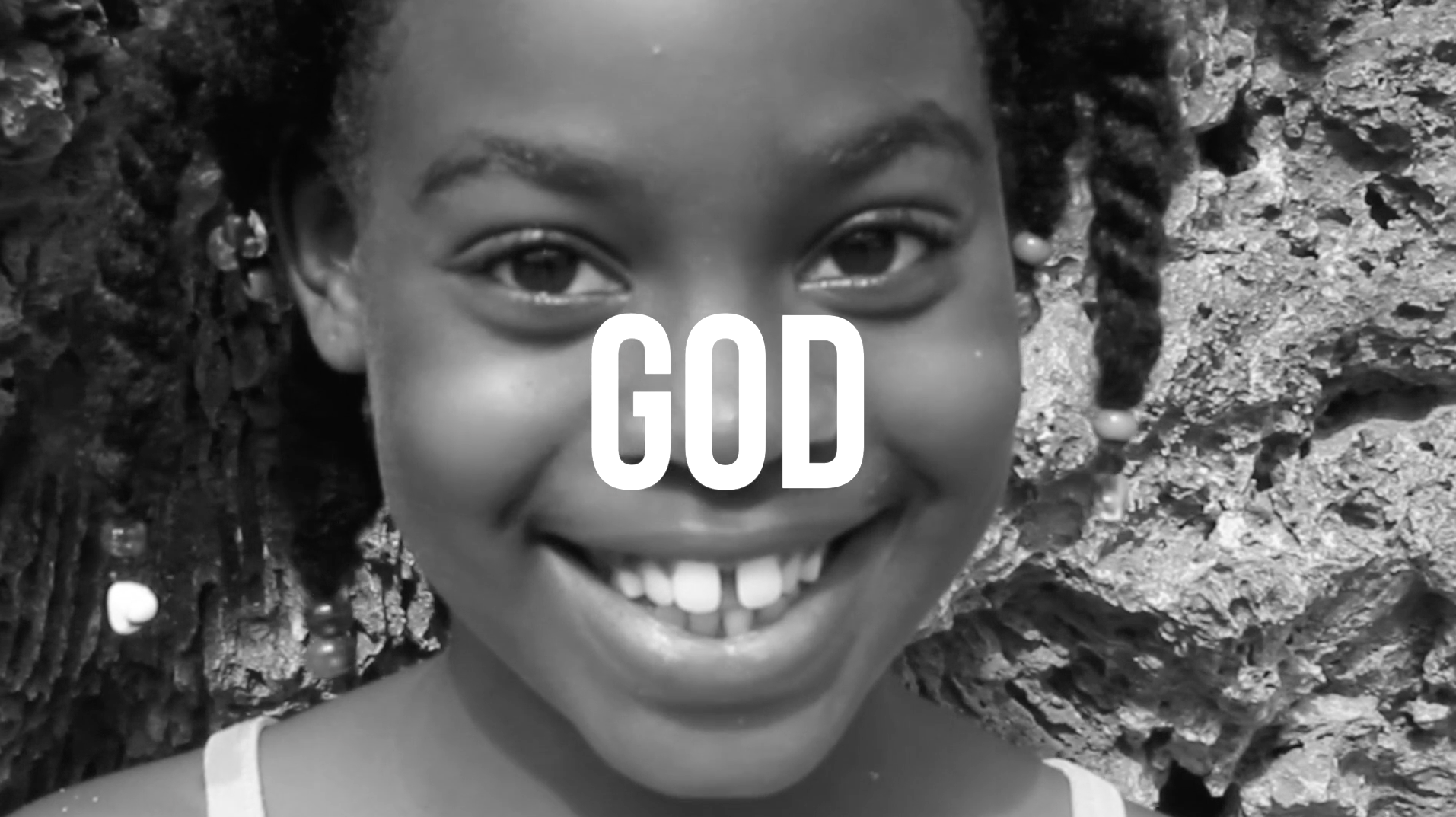
Charlotte Brathwaite
In the video Souvenirs d’Autres Mondes [Memories of Other Worlds], Brathwaite transports us through time and space, light and darkness, in a visual meditation that arouses ancestral and future memories, guided by voices speaking Wolof, Totonaco, French, English, and Spanish. Through her conversation with the work of Octavia E. Butler (1947–2006), an important figure in Afrofuturism and science fiction, Brathwaite engages in a reflection on diasporic identity by focusing on agency rather than oppression. The video includes excerpts from The Book of the Living, a fictive bible written by Lauren Oya Olamina, the young heroine of Butler’s dystopic novel Parable of the Sower. In her bible, the hyper-empathetic and clairvoyant Olamina develops a religion called Earthseed, a system of beliefs in which God is perceived not as an external passive figure but as an energy inherent to all change. Earthseed takes its name from the seed that, under favourable conditions, will adapt and germinate no matter where it is planted. By combining the unifying verses from Butler’s breviary with moving images, Brathwaite forges methodological alliances among history, science fiction, literature, and religion based on a spirit of community, kindness, and resilience. Souvenirs d’Autres Mondes [Memories of Other Worlds] is a call to change through a renewed intimacy with the self, with others, with nature, and with celestial realities beyond our understanding. The work recognizes the painful legacies of colonialism, but also the capacity of individuals to be happy and supportive.
Biography
Charlotte Brathwaite (born in London, United Kingdom; lives in New York, United States) creates worlds celebrating people who have survived the ravages of slavery, genocide, and colonization. She re-centres their experiences, desires, and dreams by opening up spiritual, visual, and oral narratives permeated with poetry and humanity. Through her interdisciplinary practice employing image-based, performative, and discursive modes, Brathwaite offers sensitive points of contact for addressing the issues of social justice, identity, race, and power, as well as the complexities of the human condition.
